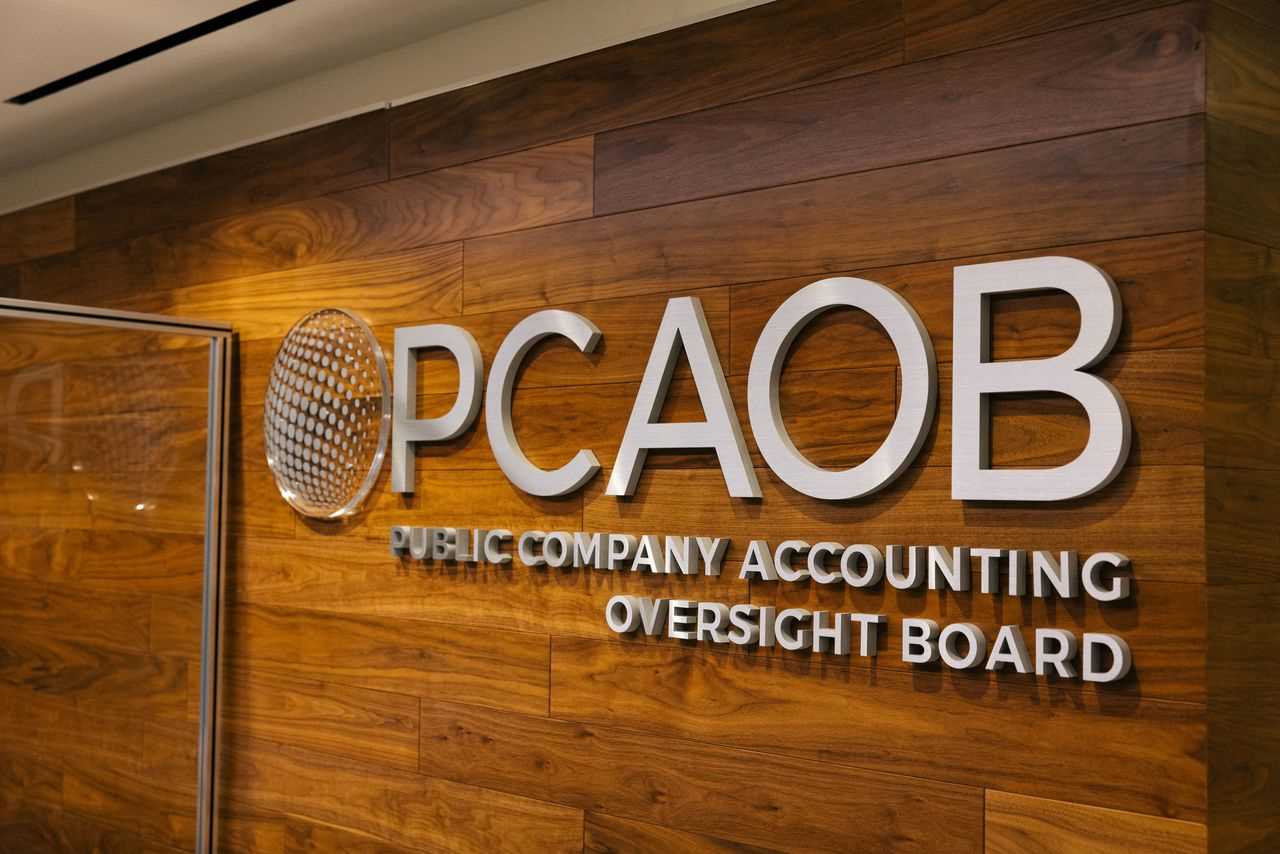Public Company Accounting Oversight Board: Overview and History
The Public Company Accounting Oversight Board (PCAOB) is a nonprofit corporation established by the Sarbanes-Oxley Act of 2002. It was created to oversee the audits of public companies in order to protect the interests of investors and further the public interest in the preparation of informative, accurate, and independent audit reports.
History
The need for the PCAOB arose in response to a series of accounting scandals in the early 2000s, most notably the collapse of Enron and WorldCom. These scandals highlighted the failures of self-regulation within the accounting profession and the need for an independent oversight body to ensure the integrity of financial reporting.
The Sarbanes-Oxley Act, passed by the United States Congress in 2002, established the PCAOB as a private-sector, nonprofit corporation. The Act also introduced a number of reforms aimed at improving corporate governance and financial reporting, including the establishment of new auditing standards and requirements for auditor independence.
Overview

The PCAOB is governed by a five-member board, appointed by the Securities and Exchange Commission (SEC), with the approval of the United States President. The board members serve staggered five-year terms and are responsible for overseeing the activities of registered public accounting firms and their auditors.
The primary functions of the PCAOB include setting auditing standards, conducting inspections and investigations of registered accounting firms, and enforcing compliance with the Sarbanes-Oxley Act and PCAOB rules and regulations.
Through its oversight activities, the PCAOB aims to improve the quality of audits and enhance investor confidence in the reliability of financial statements. By promoting transparency, accountability, and integrity in the auditing profession, the PCAOB plays a crucial role in maintaining the integrity of the capital markets.
Government and Policy
The Public Company Accounting Oversight Board (PCAOB) is a regulatory body established by the Sarbanes-Oxley Act of 2002. Its primary role is to oversee the audits of public companies in order to protect the interests of investors and the public. The PCAOB sets auditing standards, conducts inspections of accounting firms, and enforces compliance with the rules and regulations governing public company audits.
The PCAOB is governed by a five-member board, appointed by the Securities and Exchange Commission (SEC). The board members are chosen for their expertise in accounting, auditing, and corporate governance. They serve staggered terms to ensure continuity and independence in their decision-making process.
One of the main responsibilities of the PCAOB is to establish and enforce auditing standards for public company audits. These standards are designed to ensure that auditors perform their work with due professional care and in accordance with generally accepted auditing standards. The PCAOB also conducts inspections of registered accounting firms to assess their compliance with these standards.
The PCAOB plays a crucial role in promoting transparency and accountability in the financial reporting process. By overseeing the audits of public companies, it helps to ensure that the financial statements presented to investors and the public are accurate and reliable. This, in turn, enhances investor confidence and contributes to the overall integrity of the capital markets.

Emily Bibb simplifies finance through bestselling books and articles, bridging complex concepts for everyday understanding. Engaging audiences via social media, she shares insights for financial success. Active in seminars and philanthropy, Bibb aims to create a more financially informed society, driven by her passion for empowering others.
